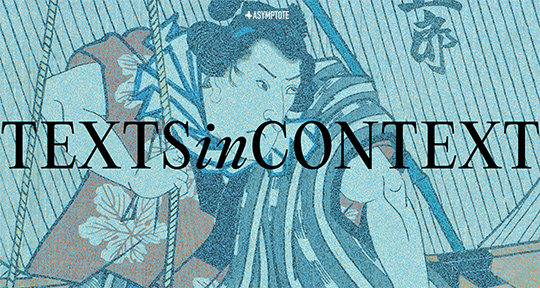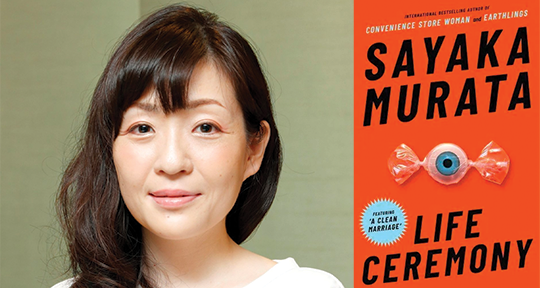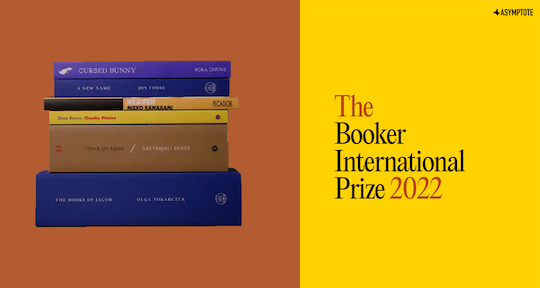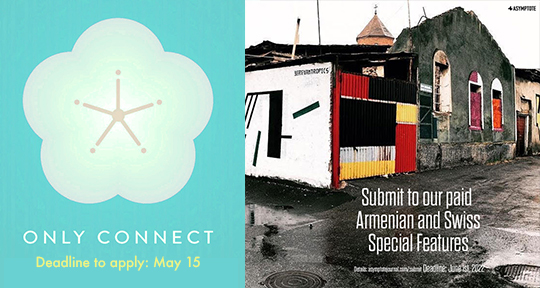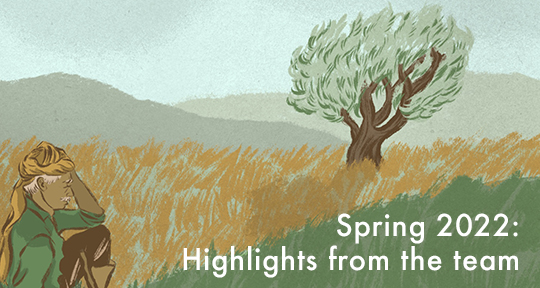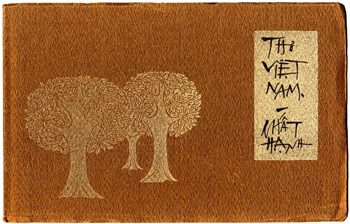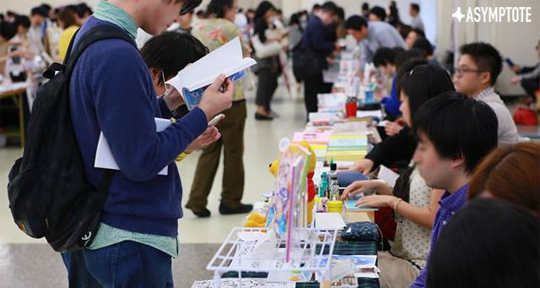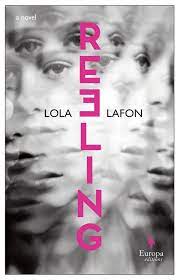Welcome to our new monthly column, in which Katarzyna Bartoszyńska seeks out academics who contribute to and elucidate the world of literary translation, revealing their deeper studies into texts both well-known and overlooked!
The following interview, conducted with Glynne Walley of the University of Oregon, spans Walley’s unprecedented efforts in bringing a titanic work of classical Japanese fiction to light. In his monograph Good Dogs: Edification, Entertainment, and Kyokutei Bakin’s “Natso Satomi hakkenden” (Cornell University Press, 2018), Walley explores the oft-ignored popular literature of nineteenth-century Japan, and how Bakin’s master epic foregrounds fundamental questions of morality, virtue, and the functions of fiction in society.
Katarzyna Bartoszyńska (KB): Tell me about your book, Good Dogs: Edification, Entertainment, and Kyokutei Bakin’s “Natso Satomi hakkenden.” Can you briefly describe the central idea or argument?
Glynne Walley (GW): Essentially, I’m looking at how a mid-nineteenth-century popular writer with aspirations toward capital-L Literature used a rhetoric of didacticism to satisfy both the demands of entertaining readers and his own desire to turn the novel into something Serious. The writer in question, Kyokutei Bakin (1767–1848) was one of Japan’s first professional authors of fiction, and he accomplished that by being acutely aware of what audiences wanted. At the same time, under the influence of masterworks in Chinese vernacular fiction, he had an idea that fiction, which his society considered beneath intellectual notice, could be a vehicle for serious ideas. It was a negotiation that other novelists in other places were also engaged in, but since Japan was operating largely outside their influence at that moment, Bakin makes an interesting case study of how the tensions between commerce and Art played out in a different and very specific context.
KB: What led you to this topic?
GW: The novel I focus on—Nansō Satomi hakkenden (Hakkenden for short, and Eight Dogs in English)—was hugely popular in its day, acutely influential on the next couple of generations, and remains crucially important to literary history, both for its intrinsic worth and for the role it played in debates over the modernization of fiction at the end of the nineteenth century. Despite this, it has been almost entirely neglected in Anglophone scholarship—mentioned, but seldom analyzed. It was time for a monograph on Hakkenden, I felt, and if nobody else was going to do it, I figured I might as well give it a shot.
KB: I’m burying the lede here a little bit because you are also, of course, the translator of Bakin’s Hakkenden! This is a monumental task—Hakkenden is massively long, immensely complex, and challenging to translate. What were the particular difficulties that this translation posed?
GW: Hakkenden is a massively long work! The modern edition I work from is nearly six thousand pages. The biggest challenges relate to that—and no doubt that length is one thing that kept the work largely untouched by Anglophone scholars and translators. Perhaps the smartest thing would have been to come up with a volume of highlights (a few short excerpts had already appeared in anthologies), but since the scale was part of the point of the work, I really wanted to see the whole thing in English.
The other big challenge is the language. It’s written in classical Japanese, which is grammatically and syntactically quite different from modern Japanese. The author writes in a wide array of styles within classical Japanese, drawing from literary masterpieces from Japan and China as well as the popular theater and fiction of his day, making for a really diverse stylistic palette. And he’s also incorporating a lot of elements of vernacular (as opposed to classical) Chinese writing, which adds a distinctive flavor, but which is, in a way, much harder for the modern reader than classical Chinese. Understanding all these registers, which are freely mixed in virtuoso ways, is hard enough, but the translator, of course, wants to try to capture them in English . . . READ MORE…

